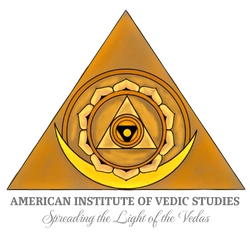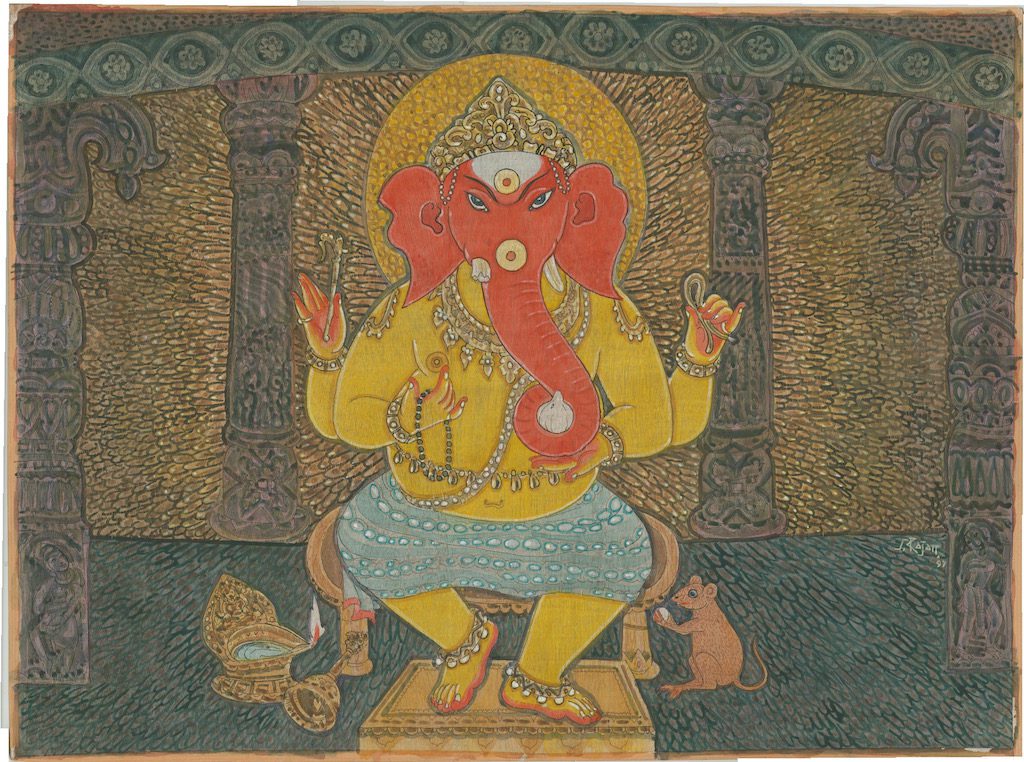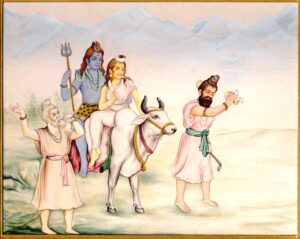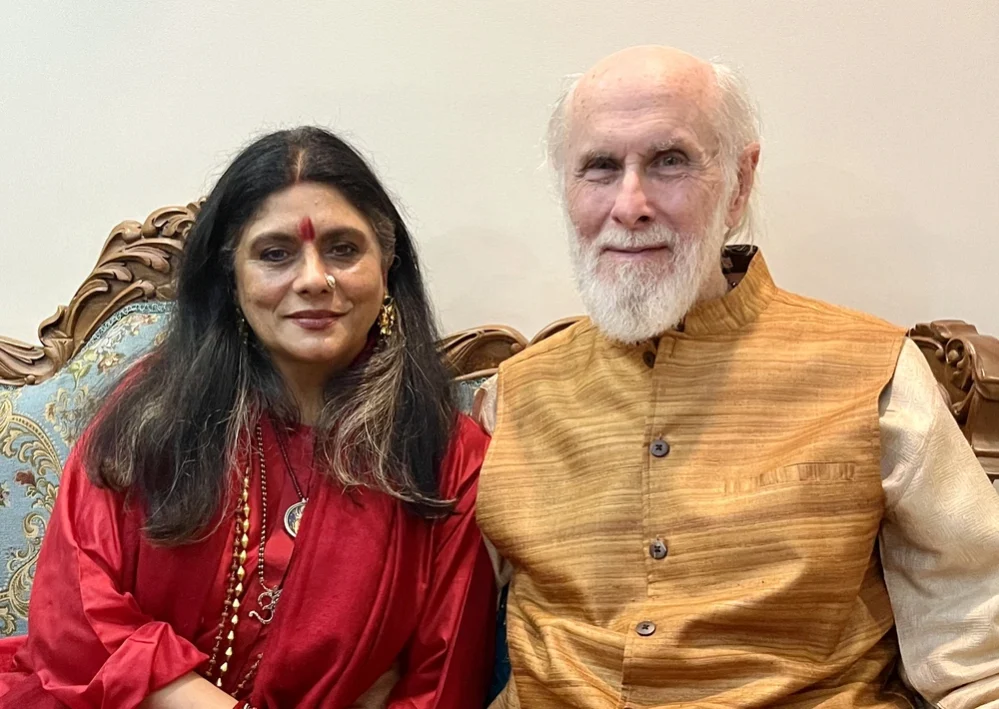CONDITIONED NATURE OF THE HUMAN MIND
The human mind in many ways is similar to a computer, a programmed and conditioned entity. It follows set routines, which it seldom questions, even if they may prove limited or harmful.
The mind is rooted in subconscious memory patterns that repeat themselves automatically. These arise from our childhood upbringing but are rooted in genetics and karma as well. Such memory patterns are enforced by our language, education, media and social interaction on both personal and public levels.
Over time, various behavioral patterns crystallize within us as representing our personal identity, which dominates our associations, vocation and status in the world. While some of these behavioral patterns can help us become more skilled and successful, negative conditioned patterns if not questioned can cause emotional disturbances, addictions and even violence.
ARTIFICIAL INTELLIGENCE AND THE HUMAN MIND
Yet the condition of the human mind is changing rapidly today. We are entering a new era of Information Technology, with computers, smart phones, new types of media and now Artificial Intelligence (AI).
Our high tech devices promote better communication, more precise data and information, and a better organized work activity, including work at home. Yet besides these practical benefits, our devices are reshaping our minds, self-image, social appearance and even sense of reality. They promote the views, opinions and ambitions of the people who program them, not just the conveniences of their technology.
We are spending more time before media screens, whether for work, communication or entertainment. Yet in the process we can fail to understand the state of our own minds, or our place in the world of nature. Having a popular virtual image is becoming more important than our actual physical or mental wellbeing.
This shift to an Artificial Intelligence based society is the most dramatic social change since the industrial era. Yet it is more powerful as it changes not only our outer resources and equipment, but also how we access and process knowledge, and even to what we believe as the truth. While such information can help us particularly in science and medicine and other technical fields, it cannot substitute for our own original and independent thinking.
CAN WE MASTER ARTIFICIAL INTELLIGENCE?
Given that our minds by nature easily fall into conditioned patterns, including those which can be destructive, the question arises whether our minds can develop the strength and insight to use AI in a manner that makes our lives not only more efficient, but also happier, more creative and more peaceful?
The corollary to this is how long will it take us to learn to use AI with wisdom? This is made more complicated by the increasing speed new forms of technology are introduced. Before we can adapt to one such new innovation, several more are impending.
Information technology and AI are reshaping how we talk, think and present ourselves, our food, medicine, education, work, expression, relationships, families, politics, entertainment, religion; in short every aspect of our lives, including. Our information technology is entering our minds and nervous systems, becoming part of ourselves.
THE RISHI MIND
In this context, we should remember the great Rishis and Yogis of India, said to have merged their minds into Cosmic Intelligence beyond the karmic compulsions of ordinary human intelligence. The Rishi mind is transformed by mantras of cosmic light and sound vibrations pervading all of nature, lifting us beyond time and space.
The yogi in the wilderness without any technology, by the power of consciousness alone, has the ability to experience an inner unity with the entire universe. This is the ultimate Vedic goal of life (Moksha), liberation from karma, samsara, rebirth and sorrow. The image of the ideal human being throughout the history of India has been the meditating Yogi, Rishi, or Buddha. This Self-realization or enlightenment was recognized and honored thousands of years before our current technology, so it is not technologically based or dependent.
Such great Rishis and Yogis have always been rare. They are products of an unwavering aspiration, extraordinary self-discipline and selflessness, leading to a mastery of the body, mind and senses that is extremely hard to achieve.
The Rishis often dwelled in solitude and meditation in the wilderness, though some did become important guides to society and advisors to rulers and social leaders.
RIGHT USE OF AI AND THE SEARCH FOR SELF-REALIZATION
Does this mean we must develop the power of yogic meditation to rightly implement AI? Certainly it would help immensely! We need a yogic power of concentration to master our restless dualistic minds, whether we have an advanced technology or not. Unless we have a deeper Self-awareness beyond the conditioned mind, we cannot master AI which is another kind of conditioned and programmed mindset.
However, this does not mean that such technological advances cannot have great value in making our outer lives more efficient, for which we should use them as beneficial to all. Yet the conclusions of AI about knowledge should not substitute for deeper meditational inquiry. Our technology should free our time to develop a higher intelligence and Self-awareness, not become a substitute for it.
Regardless of AI and its inevitable development, you need to understand your true nature in consciousness You are not the body or the mind, you are the boundless light of consciousness which pervades all. You hold the entire universe within you. You need not bow down or be directed by any machine for understanding your true Self.
Understanding our inner being we can use all instruments from our own minds and senses to information all types of technology from a place of wisdom and harmony with all. In this regard AI has many benefits but is no substitute for our own introspective Self-awareness that takes us to a deeper dimension of awareness.
Become a Yogi who can use AI as may be helpful but is never controlled by it or uses it to substitute for direct awareness and spontaneous creativity. Do not fear AI but be cautious with it. Do not adulate or mimic it, or let it control your mind. Use it to aid in a more efficient outer life in order to provide for a deeper inner life, as the Vedas say taking us beyond speech and mind to the pure light of Consciousness that unites us with all.
All Vedic Sciences, whether Yoga, Vedanta, Ayurveda, Jyotish or Vastu, even Sanskrit itself must address this adaptation and transcendence of the new technology.
David Frawley








